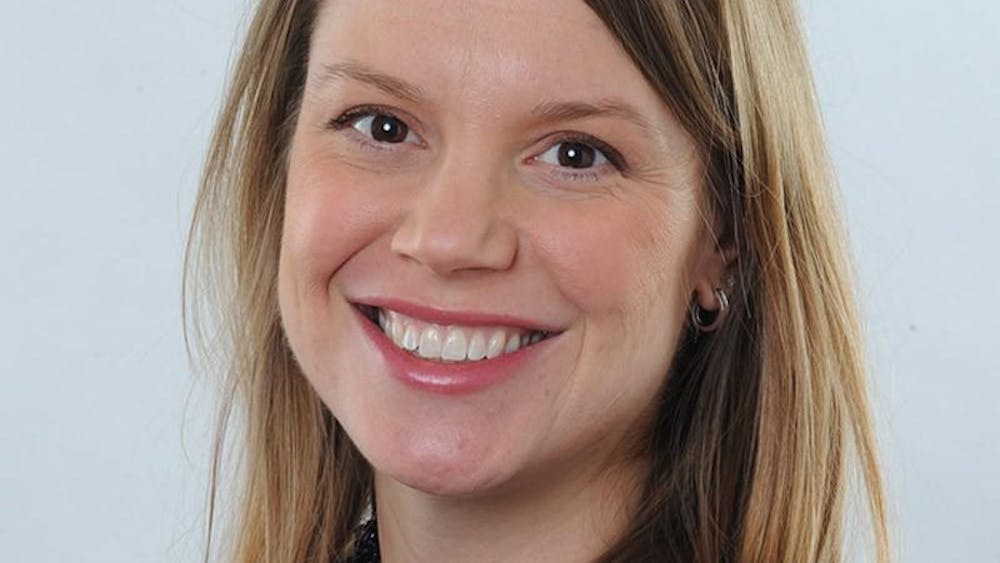I’ve spent my entire life going to church. Both of my parents are ministers. My mother is on the board of directors for our church and my father teaches bible class. I’m a minister for the youth group at my church and, obviously, I’m a practicing Christian. Because of this, no one every really questions my actions or beliefs, when it comes to my faith—but, many people, who believe differently than me are subjected to bigotry and prejudice, simply for their beliefs. I think it’s time that we better educated people about the many different religions and, hopefully, spread some religious tolerance around.
Growing up, I knew a lot of people who didn’t look like me and didn’t practice Christianity—and this was perfectly normal to me. I had friends from many different religions and it was never odd or created a problem. Accepting new ideas and other people, as well as the pursuit of knowledge, was not option for me, because my parents are very open—acceptance and tolerance of other people was a vital part of my upbringing and fitting in with my family.
However, it became abundantly clear to me that because I was a Christian, there were going to be privileges I had in school. We got the holidays off that I celebrated with my family and I never had to worry about making up any assignments that I would miss because of celebration. No one would make fun of me on Sundays for going to church. If someone asked me about my religious views, it was unlikely that they would tease me for them. No one would accuse me of being violent based upon my religion. No one was going to tell me I was going to hell. No one was going to invalidate my experiences.
When we talked about important historical figures, most of them would have the same religion as me. My beliefs would be represented in school. I didn’t have to worry about people asking me to be the spokesperson for my religion. Moral practices I was expected to follow at school were consistent with my religious beliefs. My religion would not be blamed if I misbehaved or said something inappropriate during school. Most of the things I ended up studying in my art history class favored my religion.
It was not the same for students who practiced a different religion or maybe didn’t practice a religion at all. If they were out of school because Eid fell on a school day, they still had work that needed to be finished or to study for a test that could be fast approaching. Girls could be made fun of for wearing a hijab or called prudish for covering their hair. All this in the town where I grew up that was “culturally tolerant” and “enlightened.”
We need to teach religious tolerance because there are stories like these that go untold all the time. Political figures deem them terrorists based upon the religion they choose to practice. Their religious practices are frequently misunderstood and misrepresented and they can even be mistreated for them.
When we do not teach our students religious tolerance, we teach them that ignorance with regard to whole groups of people is acceptable, when it should never be acceptable. We teach them that it is okay to never step outside of ourselves and learn about the practices of the person who may be sitting right next to us, even though we should call this egocentrism instead. We teach them that because we do not want to get to know someone because of the stereotypes we have formed and followed against them, that they have nothing to teach us when they have more than we could understand to share. When someone’s experience as a human being is so much different from your own, it is impossible to honestly believe that they have nothing valuable to share.
When children go to school, it is necessary that they learn about the accomplishments of Muslims and the libraries of Baghdad not simply the accomplishments of white Christian men in Europe that they have heard so many times over. It is important that we teach middle school children about Judaism, Shintoism and Native American religious practice.
When we send children to school, it is important that we send them there to learn something more than simply how to add and subtract. It is vital that they learn about the people around them as well.








